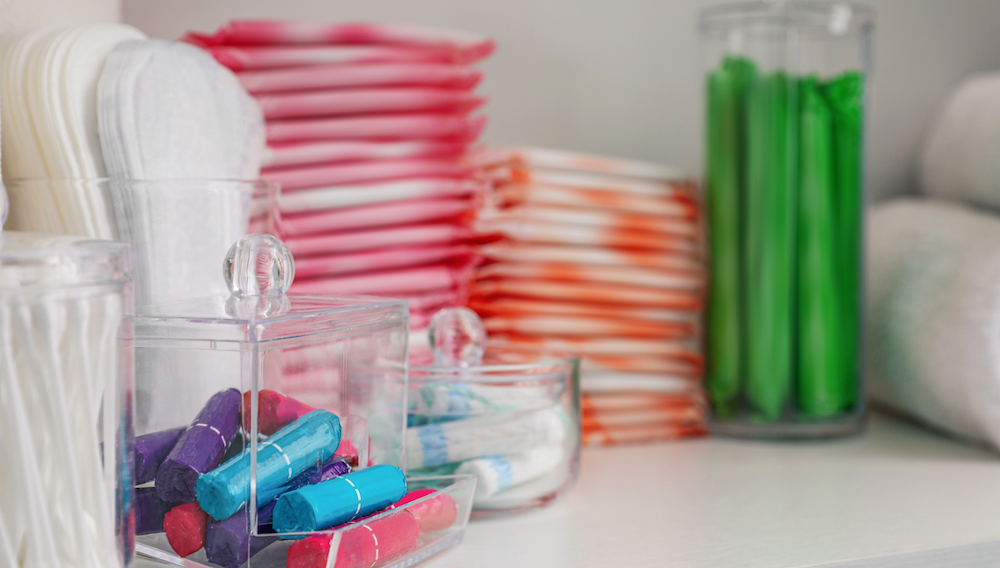So many things can go wrong with the female anatomy, and urinary tract infections (UTIs) are among the most common — and annoying — conditions we can experience. The pain and inconvenience of a UTI affect at least half of all women sometime in their lives. In women over age 65, the rate of occurrence is higher due to postmenopausal changes in hormones. Men and children can also get UTIs.
Diagnosing a UTI is very simple. A urine test will indicate if bacteria and blood are present, which are sure signs that you have an infection in your urinary tract system. This test can be performed at an urgent care office or at West Des Moines OBGYN.
Symptoms of a UTI
A UTI can affect the urethra, bladder, kidneys or all three. Your goal should be to catch the UTI before it becomes severe and advances up into the kidneys.
So, do you have a UTI? Let’s review the main symptoms of a urinary tract infection:
- Frequent, urgent need to pee
- Painful urination
- Cloudy, red, pink or cola-colored urine
- Strong smelling urine
- Pelvic pressure
- Peeing only a little bit at a time
- Fever and vomiting, if the infection has spread
If you have a burning sensation when you pee and cloudy or pink urine, you very likely have a UTI. If you have never had a UTI before, it is important to pay attention to the signs of infection, especially the symptoms of pain and bloody urine. Don’t brush it off and think that it will go away! Pain is never normal, and as painful as it may be right now, it could be much worse tomorrow. If you can’t reach your OBGYN or primary care physician, go to urgent care to have your symptoms evaluated.

Preventing UTIs
Some women are more prone to UTIs than others, and people with other immune-compromising conditions, such as diabetes, may also have a higher recurrence of UTIs. But there are a few things you can do to prevent a UTI from disrupting your life.
For one, staying hydrated is an important part of urinary tract health. Drinking more water flushes your urinary tract, which can help prevent the buildup of bad bacteria. Water provides the best hydration without other unwanted additives, such as caffeine, sugar, and alcohol. These three substances have been linked to UTIs.
Good hygiene can also keep bacteria away from your urinary tract. This means proper cleansing in the shower as well as wiping from front to back. These measures help prevent E. coli from getting in direct contact with the urethra. While external cleansing with mild soap and water is recommended, douching is not. Douching can upset the natural pH balance of the vagina, which can lead to other problems.
UTIs have been known as “honeymoon disease” or “honeymoon cystitis.” Increased sexual activity and a lack of voiding the bladder before and after sex can irritate the urethra. The irritation and bacteria that may be present can cause a bladder infection. Be sure to empty your bladder before and after sex to avoid a UTI.
Other sources of irritation include scented feminine products and tight underwear and clothing. We recommend unscented feminine products, preferably of organic cotton. Change out your pads and tampons frequently to avoid further irritation. In addition, consider allowing more air to circulate around your nether regions by wearing looser clothing and cotton underwear. Nylon and other synthetic fabrics can hold in moisture, which can be a factor in UTIs as well as yeast infections.
Finally, if your birth control methods include diaphragms, condoms, and spermicides, you may wish to consider a change. These methods have been associated with UTIs. Discuss changes with your partner and OBGYN.
Treatment for UTI
If left untreated, a bladder infection can advance into the kidneys or cause sepsis, a system-wide, life-threatening infection in the bloodstream. When the kidneys become involved, the consequences can be very serious, causing damage to the kidneys.
Contrary to popular belief, there is no definitive evidence that cranberry juice cures UTIs, but it also doesn’t hurt anything. The most effective treatment for a UTI consists of a course of antibiotics. Your doctor can also guide you on what to take for the pain. As you recover, you will want to drink a lot of water—and maybe some unsweetened cranberry juice for good measure—to continue to flush the bacteria from your urinary tract.
If you feel an unpleasant tingle when you pee, consider whether it is the beginning of a UTI, and give your doctor a call. You will be glad to get ahead of a UTI rather than waiting for the burning pain and urgent, frequent visits to the bathroom that an established infection can cause.


